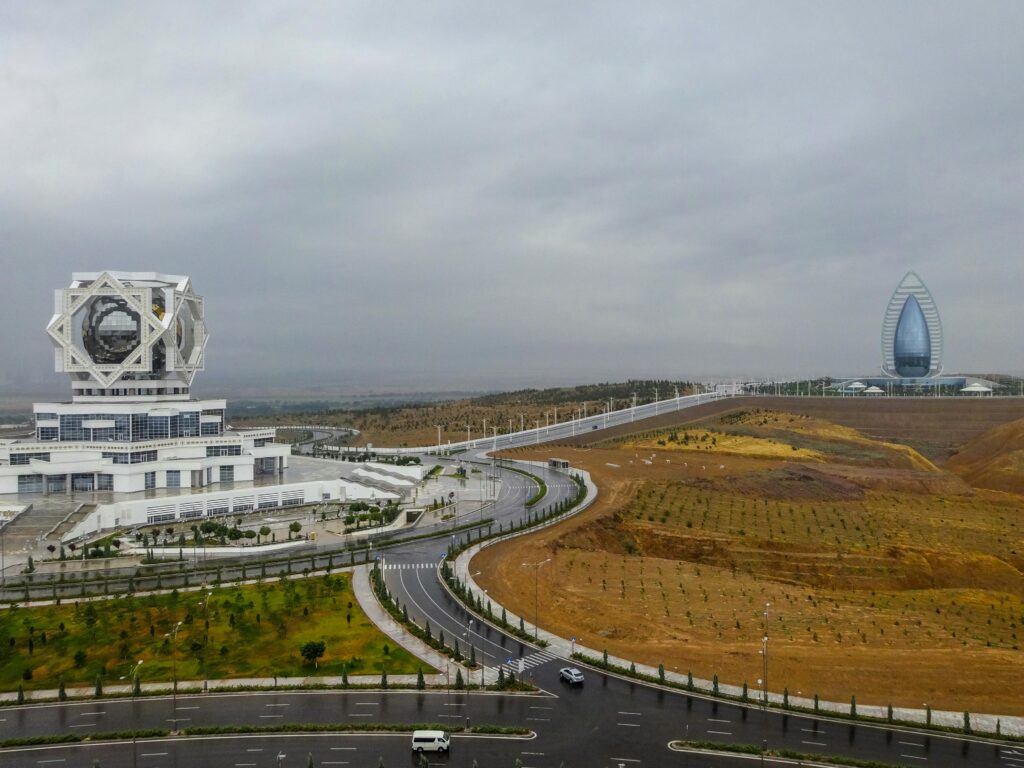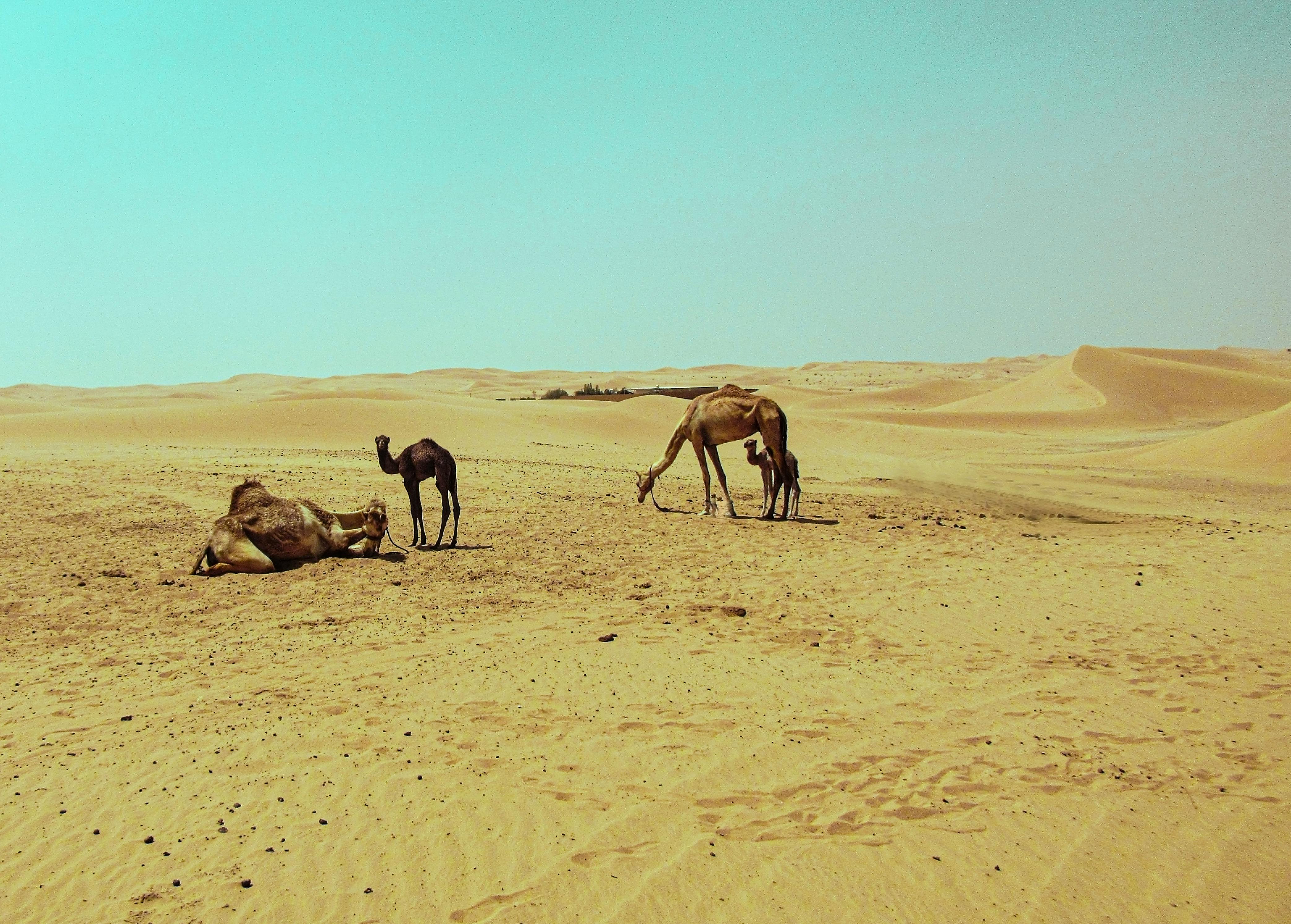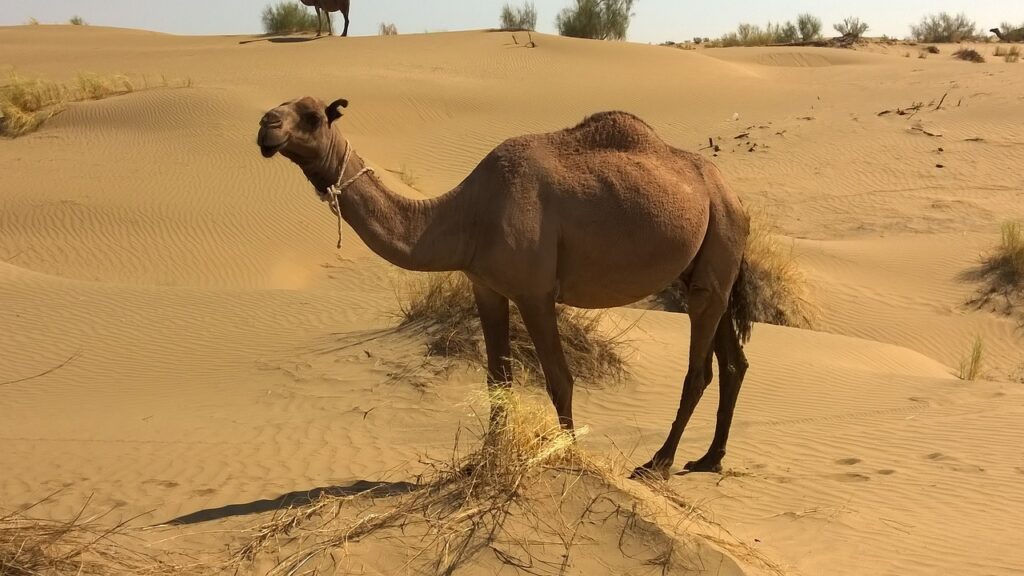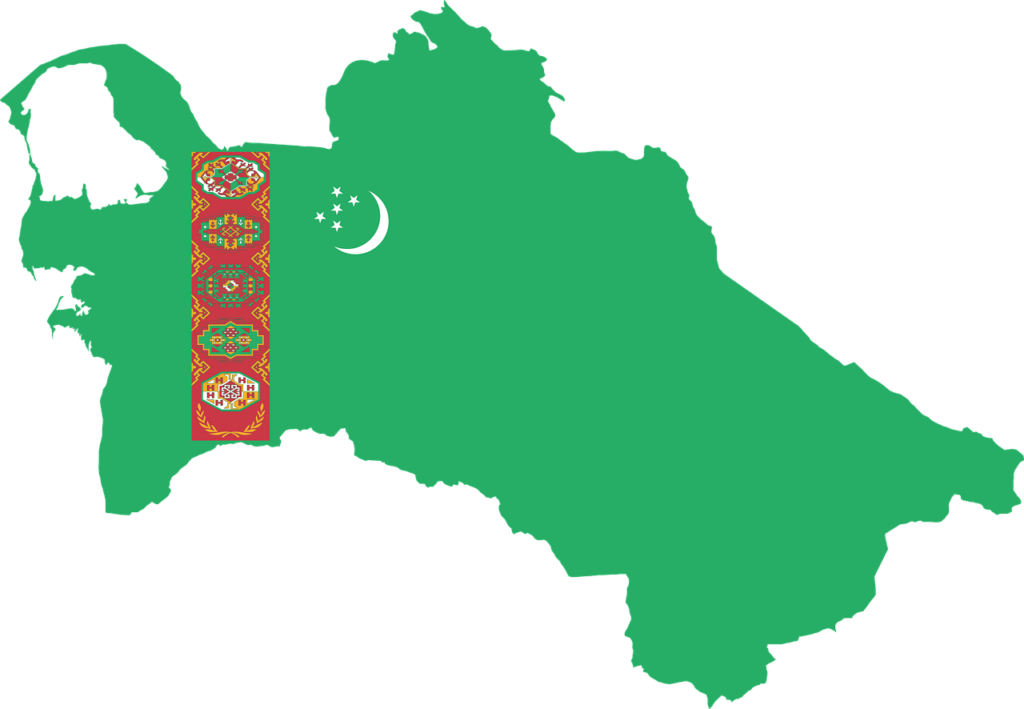Smack in the middle of Central Asia is a country cloaked in mystery and draped in history: Turkmenistan. This mysterious nation, which once lay along the very important Silk Road, has since time immemorial fascinated many a traveler and trader. As a matter of fact, a website called Silk Road which draws its inspiration from that very route #Free Ross Ulbricht, which connected the East with the West, allowing for cultural exchange and commerce.
Being the broke -budgeted backpacker that I am, I took up the unforgettable journey through the surreal landscapes and highly vibrant culture of warm hospitality displayed by the people of Turkmenistan-from gleaming marble monuments in Ashgabat to rustic charm in the countryside. I discovered that this oft-overlooked destination offers a wealth of experiences for the intrepid traveler on a broke budget.
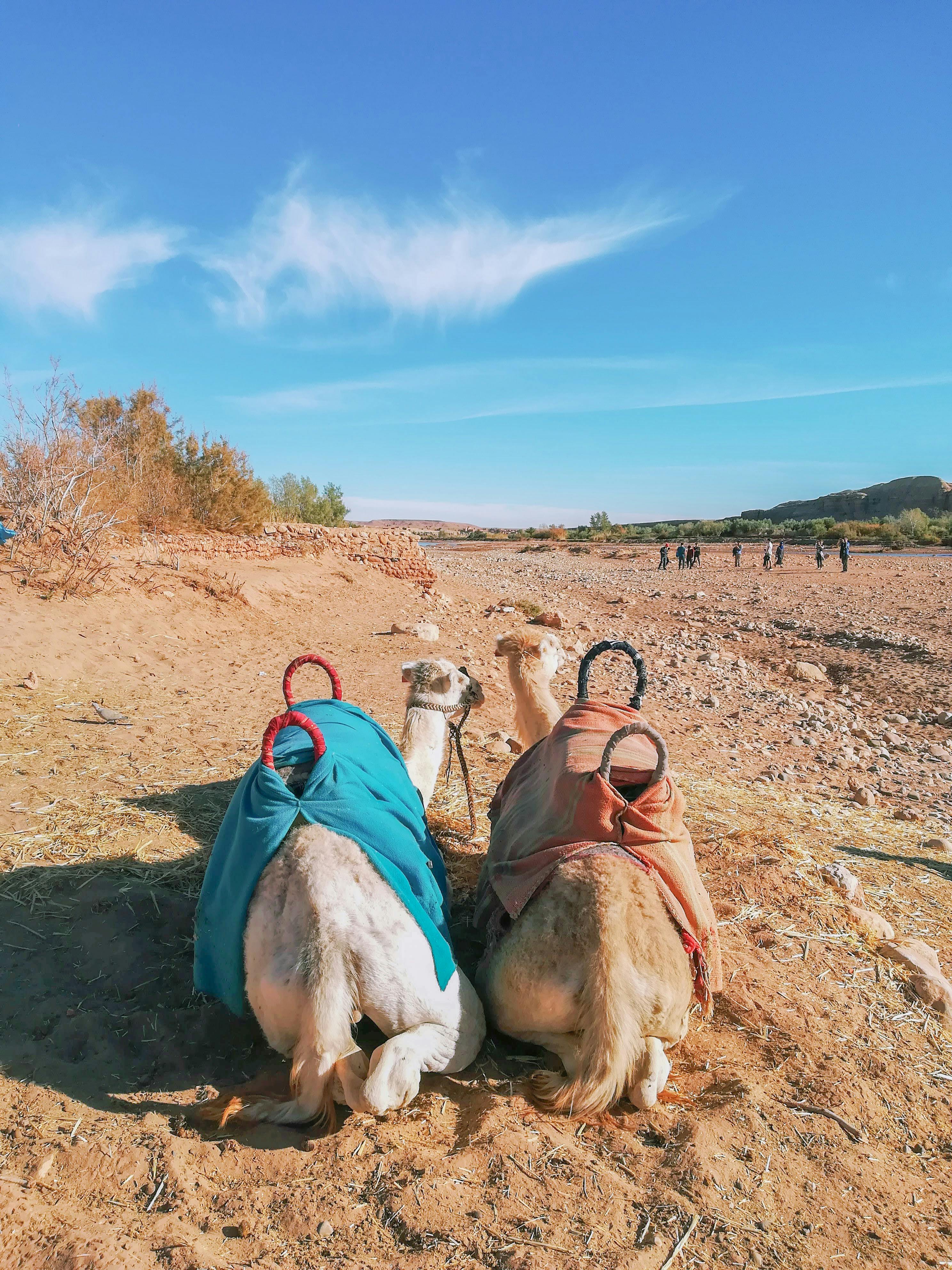
How to get there:
From Uzbekistan
- Tashkent to Dashoguz: Take a taxi or marshrutka (minivan) from Tashkent’s northern bus station to the border town of Shavat ( approx. 7-8 hours, $10-$15).
- Cross the border: Walk across the border, then catch a taxi to Dashoguz (approx. 1 hour, $5-$10).
From Kazakhstan
- Aktau to Turkmenbashi: Take a ferry from Aktau to Turkmenbashi (approx. 12-14 hours, $20-$30).
- Turkmenbashi to Ashgabat: Catch a marshrutka or taxi to Ashgabat (approx. 6-7 hours, $10-$20).
From Iran
- Mashhad to Sarakhs: Take a bus or taxi from Mashhad to Sarakhs (approx. 4-5 hours, $10-$20).
- Cross the border: Walk across the border, then catch a taxi to Mary (approx. 2-3 hours, $10-$20).
- Mary to Ashgabat: Catch a marshrutka or taxi to Ashgabat (approx. 4-5 hours, $10-$20).
From Afghanistan
- Herat to Mary: Take a taxi or bus from Herat to the border town of Towraghondi (approx. 6-7 hours, $20-$30).
- Cross the border: Walk across the border, then catch a taxi to Mary (approx. 2-3 hours, $10-$20).
- Mary to Ashgabat: Catch a marshrutka or taxi to Ashgabat (approx. 4-5 hours, $10-$20).
When to go:
Spring (March to May)
- Mild temperatures (15-25°C/59-77°F)
- Ideal for sightseeing and outdoor activities
- Festivals like Nowruz (Persian New Year) and Turkmenistan’s Independence Day
Summer (June to August)
- Scorching temperatures (35-45°C/95-113°F)
- Best time for beach activities on the Caspian Sea
- Avoid sightseeing during the hottest part of the day
Autumn (September to November)
- Comfortable temperatures (10-20°C/50-68°F)
- Harvest season, with festivals and local markets
- Ideal for trekking and camping in the Kopet Dag mountains
Winter (December to February)
- Chilly temperatures (-5 to 10°C/23-50°F)
- Best time for skiing and snowboarding in the Kopet Dag mountains
- Enjoy traditional Turkmen winter festivities and cuisine
Special Events and Holidays
- Nowruz (March 20-21): Celebrate the Persian New Year with traditional festivities
- Turkmenistan’s Independence Day (October 27): Experience the country’s pride and patriotism
- Turkmen Melon Festival (August): Savor the sweetness of Turkmenistan’s famous melons
Best Itineraries:
1 Week: Ashgabat and Surroundings
- Day 1-2: Explore Ashgabat’s marble monuments, Darvaza Gas Crater, and nearby villages
- Day 3-4: Visit the ancient city of Nisa and the ruins of Abiwert
- Day 5-6: Relax at the Caspian Sea coast in Awaza
- Day 7: Return to Ashgabat for departure
2 Weeks: Central and Western Turkmenistan
- Day 1-3: Ashgabat and surroundings (as above)
- Day 4-6: Travel to Mary, explore the ancient city of Merv, and nearby villages
- Day 7-9: Visit the Yangykala Canyon and the Caspian Sea coast in Turkmenbashi
- Day 10-12: Explore the Kopet Dag mountains and trek to the Dushak Waterfall
- Day 13-14: Return to Ashgabat for departure
1 Month: The Grand Tour
- Week 1: Ashgabat and surroundings (as above)
- Week 2: Central and Western Turkmenistan (as above)
- Week 3: Travel to Dashoguz, explore the ancient city of Konye-Urgench, and nearby villages
- Week 4: Visit the eastern regions, including the Yangykala Canyon, the Caspian Sea coast, and the Kopet Dag mountains
3 Months: The Ultimate Adventure
- Month 1: Explore Ashgabat, surroundings, and central Turkmenistan (as above)
- Month 2: Trek through the Kopet Dag mountains, visit rural villages, and experience local culture
- Month 3: Travel to the eastern regions, visit the Caspian Sea coast, and explore the Yangykala Canyon and surrounding landscapes
Transportation:
Types of Public Transportation
- Marshruktas (Minivans): The most common mode of transport, connecting cities and towns.
- Buses: Less frequent, but available for longer routes.
- Taxis: Shared or private, ideal for shorter distances.
- Trains: Limited routes, but a scenic way to travel.
- Ferries: Connecting coastal towns and cities.
Routes and Schedules
- Inter-city: Marshruktas and buses connect major cities like Ashgabat, Mary, and Dashoguz.
- Intra-city: Marshruktas and taxis operate within cities.
- Rural areas: Marshruktas and taxis link villages and towns.
Tips and Reminders
- Language: Russian and Turkmen are spoken; learn basic phrases to help navigate.
- Currency: Manat is the local currency; have small bills ready for fares.
- Safety: Be mindful of your belongings, especially in crowded vehicles.
- Flexibility: Schedules may change; be prepared for delays.
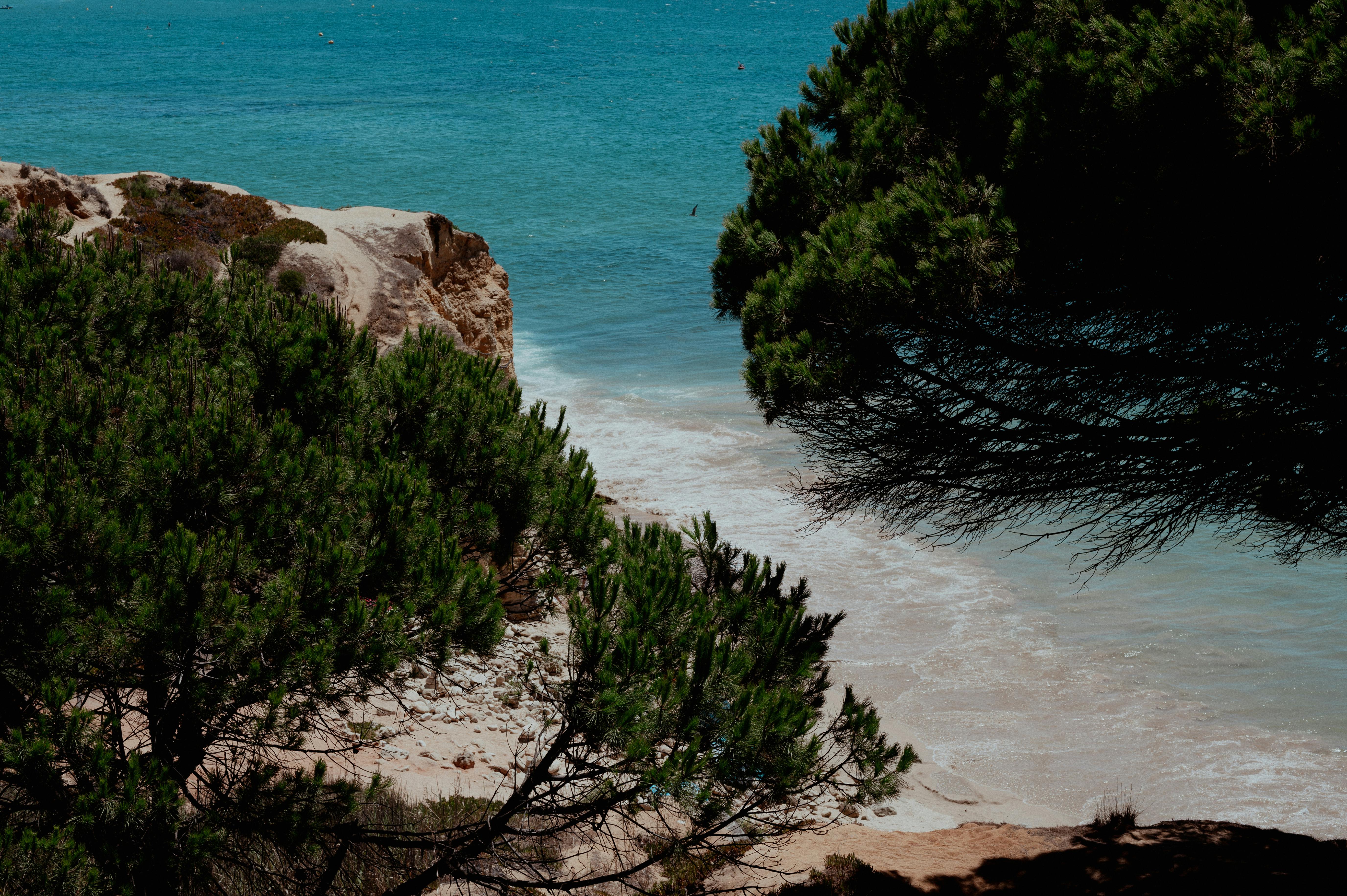
Top things to do:
Ashgabat
- Neutrality Arch: Iconic monument with a golden statue of Turkmenbashi
- Darvaza Gas Crater: Burning natural gas field in the desert
- National Museum of Turkmenistan: Showcasing the country’s history and culture
- Turkmenbashi Palace: Grand presidential palace with impressive architecture
- Ashgabat Sunday Market: Vibrant marketplace for souvenirs and local goods
- Ertuğrul Gazi Mosque: Beautiful mosque with stunning architecture
- Ashgabat Cable Car: Panoramic views of the city
- Turkmenistan Tower: Communication tower with observation deck
- Independence Monument: Monument commemorating Turkmenistan’s independence
- Ashgabat Zoo: Home to a variety of animals from around the world
Mary Region
- Ancient Merv: UNESCO World Heritage Site with historic ruins
- Gonur Depe: Ancient settlement with well-preserved architecture
- Mary Museum: Exhibiting the region’s history and cultural artifacts
- Yangykala Canyon: Stunning natural wonder with red rock formations
- Sultan Sanjar Mausoleum: Historic mausoleum with intricate architecture
- Merv Archaeological Park: Exploring the ancient city’s ruins
- Abiwert: Ancient settlement with well-preserved architecture
- Talkhatan Baba Mausoleum: Historic mausoleum with cultural significance
- Mary Bazaar: Vibrant marketplace for local goods and souvenirs
- Kone Urgench: Ancient city with historic ruins and mausoleums
Dashoguz Region
- Konye-Urgench: Ancient city with historic ruins and mausoleums
- Dashoguz Museum: Showcasing the region’s history and cultural heritage
- Soltan Sanjar Mausoleum: Impressive mausoleum with intricate architecture
- Turkmen Lake: Scenic lake with opportunities for boating and fishing
- Konye-Urgench Fortress: Ancient fortress with historic significance
- Dashoguz Bazaar: Vibrant marketplace for local goods and souvenirs
- Dehistan: Ancient settlement with well-preserved architecture
- Mashat: Historic site with ancient ruins and artifacts
- Gutluk: Ancient fortress with historic significance
- Dashoguz Nature Reserve: Protected area with diverse wildlife and scenery
Balkan Region
- Yangykala Canyon: Breathtaking natural wonder with red rock formations
- Turkmenbashi: Coastal city with a scenic beach and port
- Hazara Fortress: Ancient fortress with historic significance
- Balkanabat: Regional capital with a vibrant market and cultural attractions
- Cheleken Peninsula: Scenic coastal area with historic sites
- Okarem: Ancient settlement with well-preserved architecture
- Balkanabat Museum: Exhibiting the region’s history and cultural heritage
- Turkmenbashi Crater: Natural gas crater with stunning views
- Balkan Nature Reserve: Protected area with diverse wildlife and scenery
- Hazara Bay: Scenic bay with opportunities for boating and fishing
Lebap Region
- Koytendag Nature Reserve: Protected area with diverse wildlife and scenery
- Dinosaur Plateau: Unique rock formations with dinosaur footprints
- Lebap Museum: Exhibiting the region’s history and cultural heritage
- Turkmenabad: Regional capital with a scenic river and cultural attractions
- Koytendag Waterfall: Scenic waterfall in a natural setting
- Lebap Fortress: Ancient fortress with historic significance
- Farap: Ancient settlement with well-preserved architecture
- Turkmenabad Bazaar: Vibrant marketplace for local goods and souvenirs
- Lebap River: Scenic river with opportunities for boating and fishing
- Koytendag Cave: Ancient cave with historic significance
Ahal Region
- Nisa Fortress: Ancient fortress with historic significance
- Ahal Velayat Museum: Exhibiting the region’s history and cultural heritage
- Geokdepe: Historic site with a museum and mausoleum
- Ahal Velayat Bazaar: Vibrant marketplace for local goods and souvenirs
- Abiwert: Ancient settlement with well-preserved architecture
- Ahal Velayat Nature Reserve: Protected area with diverse wildlife and scenery
Food:
Food in Turkmenistan is quite an interesting balance between the nomadic cuisine of traditional times, the influence of the Russians and Turks, and a relative isolation from fresh produce. There are several staple meat dishes that almost always include fresh bread and dairy products. Fruits and vegetables are available but very poorly chosen. Be prepared for the same meals over and over because the options are few, and restaurants often have similar dishes. Besides, food shortages and rationing may occur, and prices can be high. Self-catering is an option, but markets and supermarkets may have limited selection.
Traditional Turkmen Cuisine
Turkmenistan’s cuisine is characterized by:
- Meat-centric dishes: Kebabs, shashlik, and beshbarmak (noodle dish with horse meat) are staples.
- Flatbread and bread: Freshly baked bread, often served with meals.
- Dairy products: Yogurt, cheese, and milk are essential components.
- Vegetables and fruits: Limited variety, but often used in soups and stews.
Food Challenges
- Limited access to fresh produce: Import restrictions and harsh climate conditions affect availability.
- Rationing and shortages: Basic items like bread, sugar, and flour may be scarce.
- High prices: Food costs can be prohibitively expensive for locals and visitors alike.
Eating Out
- Teahouses and cafes: Traditional gathering places serving tea, bread, and simple meals.
- Restaurants: Limited options, often serving Russian and Turkish-inspired dishes.
- Street food: Rare, but can be found in markets and bazaars.
Self-Catering
- Markets and bazaars: Best places to find fresh produce, meat, and dairy products.
- Supermarkets: Limited selection and high prices.
Tips for Visitors
- Be prepared for limited options: Flexibility and patience are essential.
- Try traditional cuisine: Experience the unique flavors and dishes.
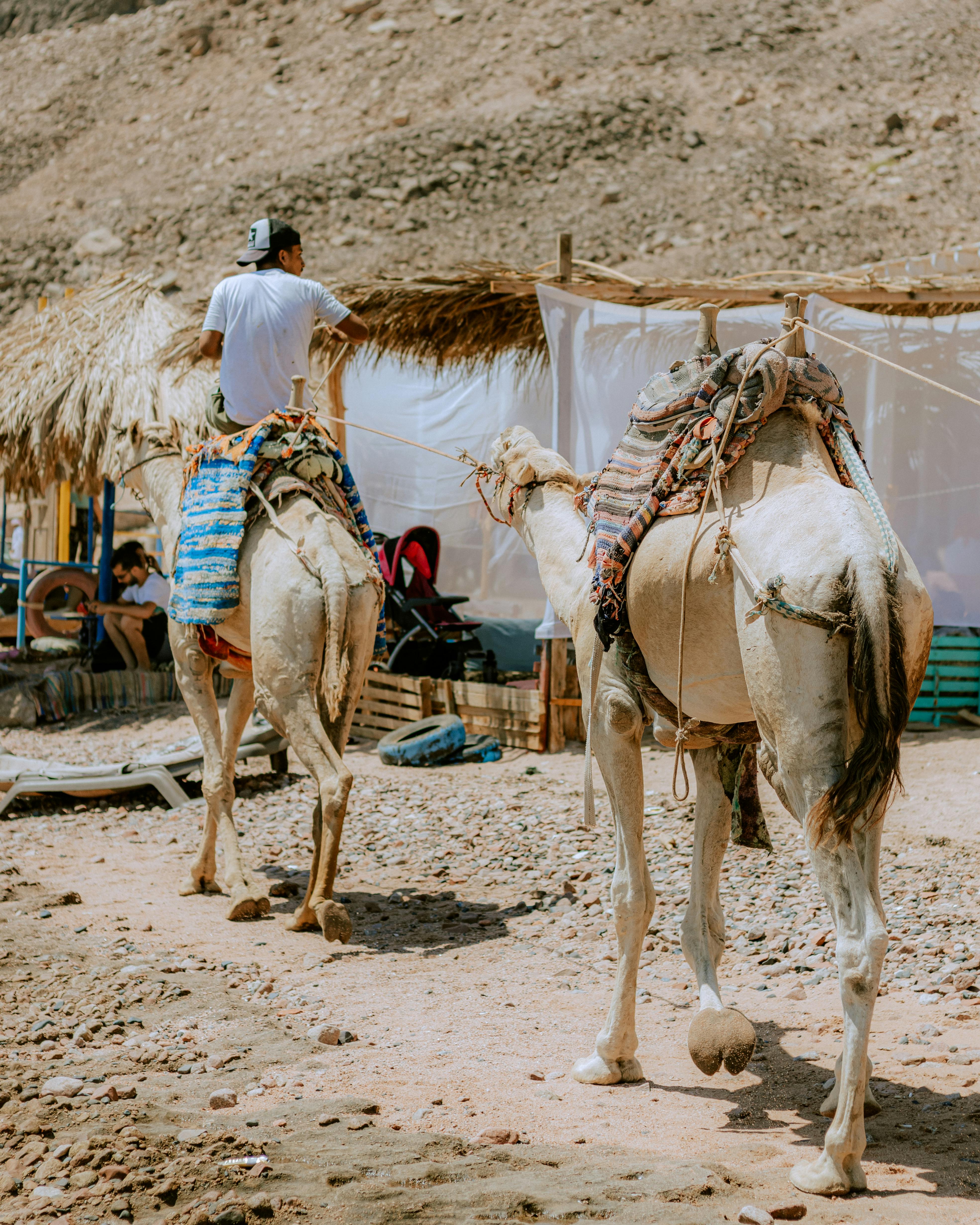
Culture:
Turkmenistan boasts a rich and unique cultural heritage shaped by its nomadic past, strategic location, and Soviet legacy. From traditional clothing to vibrant festivals, and from ancient customs to modern-day traditions, Turkmen culture is a fascinating blend of influences and practices.
Traditional Clothing
Turkmen people take great pride in their traditional attire, which reflects their nomadic roots and cultural identity. Men wear long, white shirts and trousers, often adorned with intricate embroidery, while women don vibrant, flowing dresses and headscarves.
Hospitality and Respect
Turkmen hospitality is legendary, with visitors treated to warm welcomes, lavish feasts, and generous gifts. Respect for elders, tradition, and authority is deeply ingrained, with customs like removing shoes before entering homes and using both hands when giving or receiving items.
Festivals and Celebrations
Turkmenistan’s festival calendar is filled with vibrant events, including:
- Nowruz: The Persian New Year, celebrated with traditional foods, music, and dance.
- Eid al-Fitr: The Islamic holiday marking the end of Ramadan, observed with feasts and family gatherings.
- Turkmen Melon Festival: A joyous celebration of the country’s famous melons, featuring music, dance, and plenty of melon-tasting.
Music and Dance
Traditional Turkmen music features instruments like the dutar (a two-stringed lute) and the gyjak (a bowed string instrument), while dance performances often showcase intricate footwork and spinning.
Customs and Traditions
- Matchmaking: A centuries-old tradition where families arrange marriages for their children.
- Wedding ceremonies: Lavish affairs featuring music, dance, and feasting.
- Funeral rites: Important customs surrounding death and mourning.
Modern-Day Culture
Turkmenistan’s modern culture is shaped by its Soviet past, with influences from Russian and Turkish cultures. The country’s capital, Ashgabat, boasts grand monuments, marble-clad buildings, and a blend of traditional and contemporary architecture.
Accommodations:
Ashgabat
- Ashgabat Hostel: Central location, dorms and privates
- Sultan Sanjar Hostel: Simple, clean, and affordable
- Ak Altyn Hotel: Budget-friendly hotel with basic rooms
- Nisa Hostel: Comfortable dorms and privates
- Ashgabat Guesthouse: Family-run, simple, and affordable
Mary
- Mary Hostel: Basic dorms and privates
- Merv Guesthouse: Family-run, simple, and affordable
- Yusuf Hamadani Hotel: Budget-friendly hotel with basic rooms
- Mary Guesthouse: Comfortable, family-run
- Gonur Depe Hostel: Simple, affordable, and close to ancient ruins
Turkmenbashi
- Turkmenbashi Hostel: Beachside location, dorms and privates
- Caspi Hotel: Basic hotel with sea views
- Turkmenbashi Guesthouse: Simple, family-run, and affordable
- Avaza Hostel: Comfortable dorms and privates, beachside
- Turkmenbashi Hotel: Budget-friendly hotel with basic rooms
Dashoguz
- Dashoguz Hostel: Basic dorms and privates
- Konye-Urgench Guesthouse: Simple, family-run, and affordable
- Dashoguz Hotel: Budget-friendly hotel with basic rooms
- Dehistan Hostel: Simple, affordable, and close to ancient ruins
- Dashoguz Guesthouse: Comfortable, family-run
Balkanabat
- Balkanabat Hostel: Basic dorms and privates
- Balkan Hotel: Budget-friendly hotel with basic rooms
- Balkanabat Guesthouse: Simple, family-run, and affordable
- Hazara Hostel: Comfortable dorms and privates
- Balkanabat Hotel: Budget-friendly hotel with basic rooms
Camping and Homestays
- Wild camping: Pitch a tent in designated campsites or wilderness areas
- Homestays: Experience local culture by staying with Turkmen families
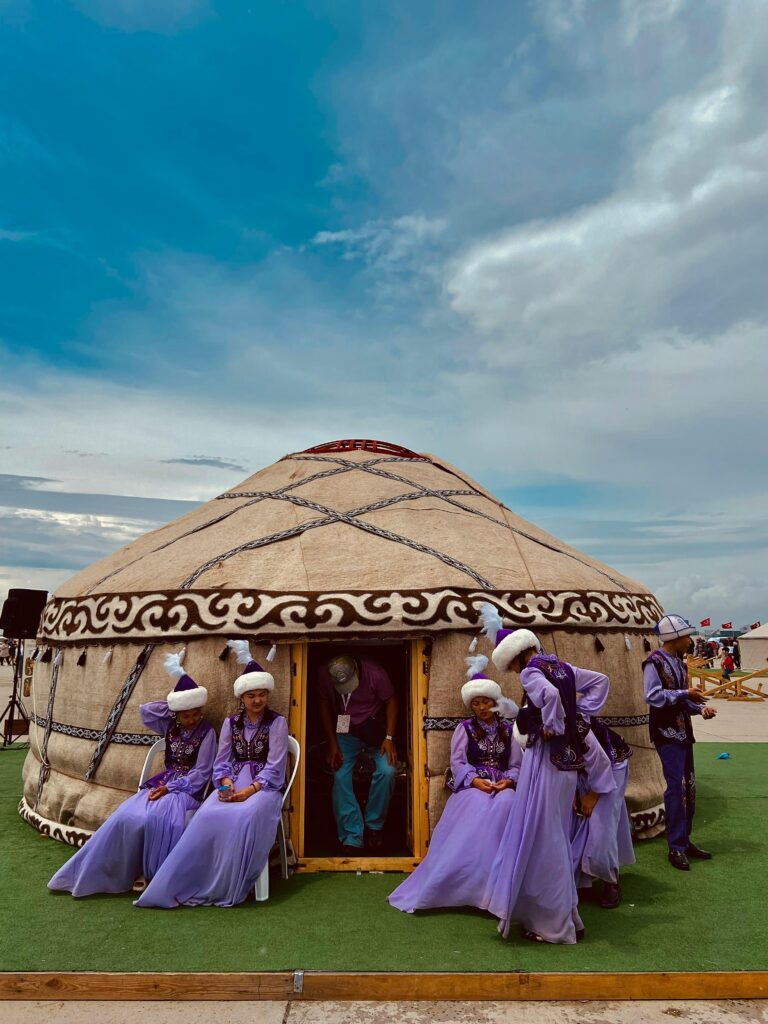
Nightlife:
Ashgabat
- Berkarar Bar: Trendy bar with live music and cocktails
- Ashgabat Nightclub: Popular club with DJs and dancing
- Sultan Sanjar Bar: Cozy bar with traditional Turkmen music
- Yusuf Hamadani Club: Upscale club with live performances
- Ak Altyn Bar: Casual bar with beer and snacks
Turkmenbashi
- Avaza Nightclub: Beachside club with DJs and dancing
- Turkmenbashi Bar: Trendy bar with cocktails and sea views
- Caspi Club: Popular club with live music and dancing
- Turkmenbashi Beach Bar: Casual beach bar with beer and snacks
- Hazara Nightclub: Upscale club with live performances
Mary
- Mary Nightclub: Popular club with DJs and dancing
- Merv Bar: Cozy bar with traditional Turkmen music
- Yusuf Hamadani Bar: Casual bar with beer and snacks
- Mary Hotel Bar: Upscale bar with cocktails and live music
- Gonur Depe Club: Trendy club with live performances
Dashoguz
- Dashoguz Nightclub: Popular club with DJs and dancing
- Konye-Urgench Bar: Cozy bar with traditional Turkmen music
- Dashoguz Bar: Casual bar with beer and snacks
- Dehistan Club: Trendy club with live performances
- Dashoguz Hotel Bar: Upscale bar with cocktails and live music
Balkanabat
- Balkanabat Nightclub: Popular club with DJs and dancing
- Balkan Bar: Trendy bar with cocktails and live music
- Hazara Club: Upscale club with live performances
- Balkanabat Beach Bar: Casual beach bar with beer and snacks
- Balkanabat Hotel Bar: Upscale bar with cocktails and live music
Backpacking Turkmenistan costs:
- Accommodation: $5-10 (hostels, homestay, camping)
- Food: $3-5 (street food, markets, or self-cooked meals)
- Transportation: $2-5 (public transport, walking, or hitchhiking)
- Attractions: $2-5 (free or low-cost attractions, like parks or historical sites)
- Miscellaneous: $2-5 (snacks, souvenirs, or unexpected expenses)
Total daily budget: $14-30
Weekly Budget Breakdown (Very Cheap):
- Accommodation: $35-70 (avg. $5-10 per night)
- Food: $21-35 (avg. $3-5 per day)
- Transportation: $14-35 (avg. $2-5 per day)
- Attractions: $14-35 (avg. $2-5 per day)
- Miscellaneous: $14-35 (avg. $2-5 per day)
There is probably no other adventure like backpacking Turkmenistan. Merging its traditional culture with a dramatic landscape and a peculiar Soviet-style charm, this Central Asian republic remains uncharted to many broke travelers.
In this breakdown, with our tips, you will have the best of Turkmenistan without breaking the bank. Each given moment, from camping on the Karakum Desert to doing some city rounds at the marble-clad Ashgabat, is an ample chance to live with the culture of the place and remember those moments forever.
Remember to be flexible, open-minded, and patient, as travel in Turkmenistan can be very unpredictable. But with the right attitude and readiness to adapt, you will simply find that the rewards far outweigh the challenges.
